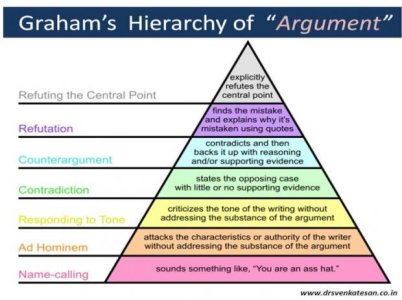There has been a riot in South Belfast. Unionists are angry that Ulster has been dragged out of the UK internal market as a result of the Brexit deal.
Interesting, BBC makes no mention of Brexit here. They are following the Tory line more and more.
https://www.bbc.co.uk/news/uk-northern-ireland-56620702
Petrol bombs, bricks and bottles have been thrown at police during sustained rioting in the Sandy Row area of Belfast.
The Police Service of Northern Ireland (PSNI) said eight officers have been injured and seven people arrested.
Donegall Road and Bradbury Place were closed to traffic.
Up to 100 people had gathered in the Shaftesbury Square area where a loyalist protest had been expected to take place.
Trouble began before 20:00 BST on Friday, when fireworks and other missiles were thrown at police.
Speaking on Friday night, Belfast's PSNI District Commander, Ch Supt Simon Walls, called for calm after a "small local protest developed into an attack on police".
He said objects that had been thrown at officers included "heavy masonry, metal rods, fireworks and manhole covers".
Ch Supt Walls said the eight injured officers had sustained "burns, head and leg injuries".
"I am appealing to all those involved to stop this appalling behaviour immediately.
"Police are trying to protect those living in the Shaftesbury Square, Donegall Road and Sandy Row areas and it is completely unacceptable that my officers are coming under sustained attack.
"I would encourage anyone who has influence to use it now and stop the rioting before anyone else is injured, or worse."
A small crowd of protestors also gathered in Ballymena at the Larne Road Link, which was closed by police along with the Crebilly Road.
One photographer was injured by flying glass. Some shops and businesses have been damaged.
At the start, about 12 police vehicles and officers in riot gear corralled rioters into Donegall Road.
A line of police jeeps then blocked access at the junction of Bradbury Place.
Dozens of protestors hurled bricks and bottles and a bin, which was set alight, was pushed up against a police vehicle.
grey line
On Friday, a small crowd of protestors also gathered in Ballymena at the Larne Road Link, which was closed by police along with the Crebilly Road.
Speaking to BBC News NI, Democratic Unionist Party (DUP) MLA Christopher Stalford, whose constituency office is in Sandy Row, said everyone must "abide by the law".
"Given the actions of the deputy first minister, some may think that it's alright to break Covid guidance in relation to public gatherings - that is not the case," he said, referring to Sinn Féin's Michelle O'Neill and her attendance at the funeral of Bobby Storey last June.
Earlier this week, the Public Prosecution Service announced that no one would face charges over their attendance at the funeral, provoking a furious political backlash among unionists.
We should all abide by the law and I don't want to see a situation where young people end up with a criminal record or their lives destroyed because they've acted out of frustration at recent political developments," Mr Stalford added.
Ulster Unionist Party leader Steve Aiken pleaded for those involved to "please stop this violence".
"It will not achieve anything, and undermines the legitimate concerns that you have and is damaging our own communities," he posted on social media.
'Words have consequences'
Sinn Féin West Belfast MP Paul Maskey said "dangerous and irresponsible rhetoric" from the DUP and political unionism has "heightened tensions".
Mr Maskey said it was "deeply concerning to see these types of incidents at the height of the Covid pandemic and as we are beginning to make good progress".
"This is a time for calm heads and responsible leadership," he added.
South Belfast MP Claire Hanna said it was "sad to see disorder in Sandy Row".
She blamed what she described as "usual suspects with no vision" for creating "tension for electoral gain".
"History repeats, people lose hope, kids get criminal records, communities pull apart. There's a better way," she said.






